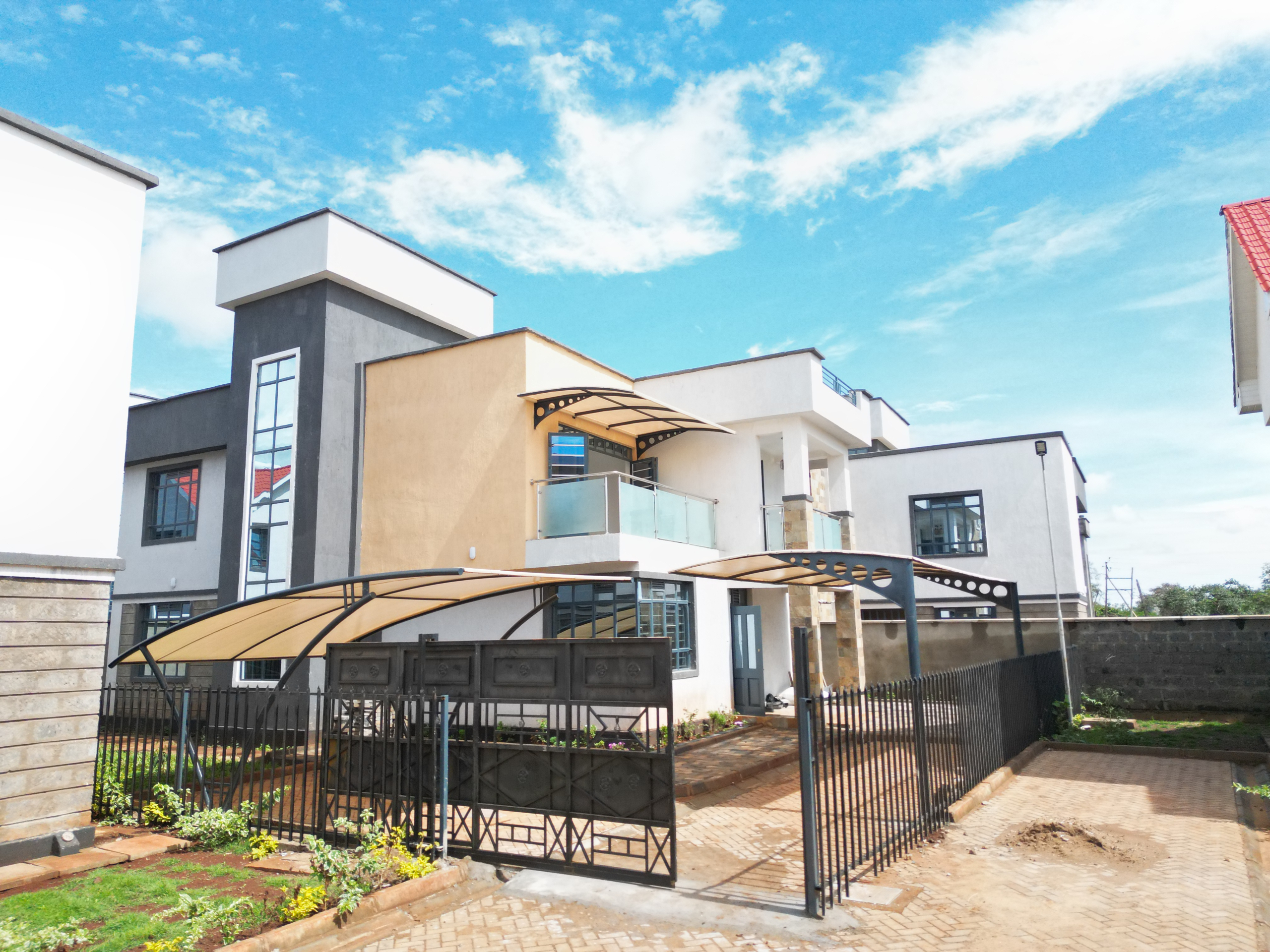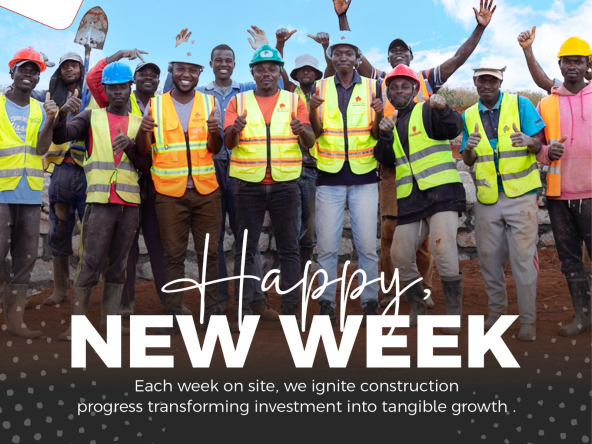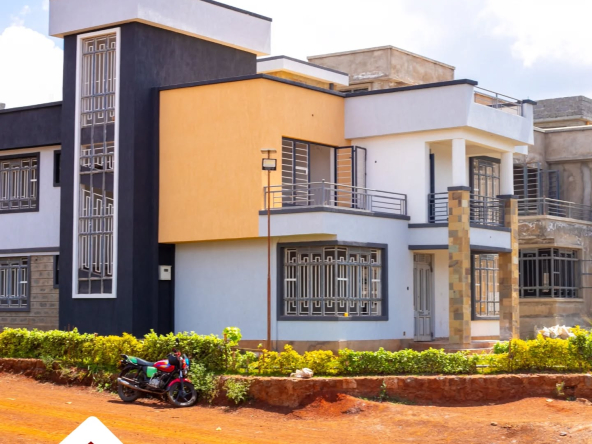The rise of Kenya’s digital economy and commercial property demand are now tightly intertwined. As the country experiences rapid digital transformation—spanning fintech, e-commerce, digital logistics, and remote work—the commercial real estate landscape is undergoing a fundamental shift. Traditional demand drivers such as office space in Nairobi’s CBD are now being complemented—or even replaced—by flexible workspaces, data centers, last-mile distribution hubs, and tech campuses.
In a nation where over 98% of internet access is via mobile and e-commerce adoption grew by over 30% in 2023 alone, property investors can no longer ignore the influence of digital infrastructure on real estate demand.
Kenya’s Digital Boom: Quick Stats That Matter
- Kenya’s ICT sector contributed 8% to GDP in 2023 (up from 3% in 2016) — Ministry of ICT
- Mobile money transactions hit KSh 7.9 trillion in 2023 — Central Bank of Kenya
- Over 15,000 SMEs are now online, using platforms like Jumia, Shopify, and Facebook Marketplace
- Nairobi is home to more than 200 registered tech startups, earning it the name “Silicon Savannah”
This explosive growth in digital services is creating an entirely new class of real estate needs — not just office buildings, but high-speed connectivity, cold storage for online groceries, server rooms, and fulfillment centers.
Read Also: Willstone: The Cornerstone of Kenya’s Real Estate Evolution
Flexible Office Demand Replacing Traditional Setups
For decades, commercial property demand in Nairobi centered around high-rise buildings in the CBD, Upper Hill, and Westlands. However, the digital shift has upended that model.
- Startups, freelancers, and SMEs now prefer co-working spaces like Nairobi Garage and Regus.
- Remote and hybrid work models have reduced demand for fixed large office footprints, especially among tech-based companies.
- Smart buildings with fiber internet, 24/7 power backup, and modular workstations are now more appealing than traditional office blocks.
As Kenya’s digital economy matures, so does the expectation for workspaces that reflect the flexibility and speed of the tech world.
Logistics and Warehousing: The Quiet Winners
E-commerce growth is driving intense demand for logistics parks and mini-warehouses, especially around key transport corridors like:
- Eastern and Southern Bypass (Nairobi)
- Athi River, Syokimau, Tatu City, and Thika Superhighway
Digital retailers need last-mile delivery solutions, and that’s pushing developers to repurpose or construct facilities optimized for fast shipping, inventory management, and tech-based fleet coordination.
According to Knight Frank’s 2024 East Africa Report, demand for warehousing space increased by 43% year-on-year, driven largely by digital retail players.
Rise of Data Centers and Tech Campuses
Another impact of Kenya’s digital economy on commercial property demand is the emergence of tech campuses and data center infrastructure.
- Microsoft’s Africa Development Centre (Nairobi)
- Africa Data Centres’ multi-million-dollar expansion in Nairobi
- Safaricom and Amazon Web Services (AWS) partnerships to offer cloud services
These developments have increased the value of industrial and commercial land near Nairobi Tech Zones such as Konza Technopolis, Karen, and parts of Ruaka. Developers and investors are now considering fiber connectivity and power reliability as more critical than proximity to foot traffic.
Satellite Towns and the Digital Spillover
As tech companies seek affordable land and easier access to infrastructure, demand is spilling into satellite towns around Nairobi, including:
- Kamulu and Joska (for affordable commercial and logistics spaces)
- Ruiru and Juja (benefiting from proximity to university tech talent)
- Kitengela and Athi River (industrial and fulfillment warehousing)
This expansion is increasing the value of commercial plots and mixed-use properties, especially those close to highways and fiber-optic networks. Developers are now creating hybrid zones—commercial on the ground floor, tech hubs on the second, and residential on the top levels.
How Investors and Developers Can Respond
To remain relevant in this evolving market, real estate developers in Kenya need to align their commercial offerings with the demands of a digitally driven economy. That includes:
- Incorporating smart infrastructure (fiber-ready buildings, IoT-based security, and green tech)
- Creating flexible lease models suitable for SMEs, content creators, and remote startups
- Positioning properties along key digital corridors (e.g., areas with reliable electricity, proximity to data centers, or logistics ease)
Read Also: Calculating Your Home Equity in Kenya: Why It’s More Than Just Math
Those who adapt stand to gain; those who don’t risk developing obsolete inventory.
Where Digital Innovation Meets Property Investment
Kenya’s digital economy and commercial property demand are evolving hand-in-hand. As tech adoption rises, so do new spatial needs—from flexible offices and warehouses to smart, connected buildings. For investors and developers, understanding this shift is no longer optional—it’s essential for survival and profitability.
At Willstone Homes, we recognize the changing pulse of Kenya’s property market. We’re committed to helping you invest wisely, whether you’re looking for commercial plots near Nairobi’s digital corridors or mixed-use spaces designed for modern enterprise. The future of real estate in Kenya is digital — and it’s already here.





